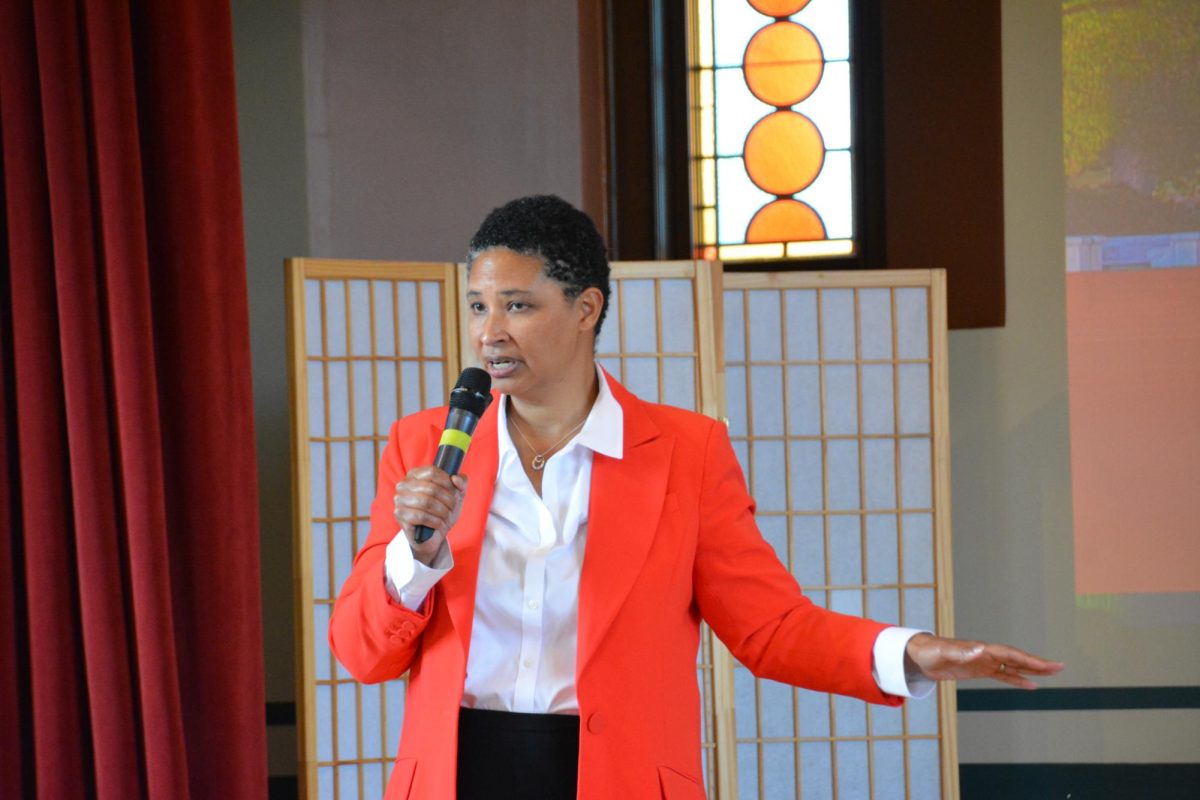Former Massachusetts Gov. Mitt Romney scored a landslide victory in the Nevada Republican caucuses Saturday, building off of his Florida primary win last Tuesday and cementing his place as the frontrunner in the race for the Republican nomination for the presidency.

Romney garnered 47.6 percent of the southwestern state’s vote, more than doubling the support netted by his closest opponent, former Speaker of the House Newt Gingrich, who earned 22.7 percent. The victory in Nevada will likely assuage some doubters’ concerns about Romney’s viability as the GOP’s nominee this year and may allow Romney to move ahead in focusing his attacks on President Barack Obama, rather than the rest of the Republican field.
Although the win gives Romney just 12 delegates to the Republican National Convention, it helps solidify his status as the clear favorite in the race, as some have questioned his electability and the Republican electorate has cycled through a succession of would-be frontrunners throughout the primary season. Despite his string of victories — Romney has now won in New Hampshire, Florida and Nevada — Gingrich, his chief rival, and fellow candidates Ron Paul, a congressman from Texas, and Rick Santorum, a former senator from Pennsylvania, have vowed to remain in the race. Gingrich, who grabbed a definitive victory in socially conservative South Carolina, told reporters in Las Vegas Saturday that he believes he can still overtake Romney’s delegate lead by March 6, when 10 states go to the polls in what is known as Super Tuesday.
The New York Times reported Sunday that Gingrich planned to implement a “definitional campaign,” aiming to contrast himself with Romney and frame himself as the only true, bona fide conservative in the field. With major funding coming from his super political action committee, Winning Our Future, and the casino magnate Sheldon Adelson, Gingrich’s coffers remain deep, and he has pledged to stay in the race until Romney’s lead becomes insurmountable.
Perhaps the only element of Nevada’s results dampening the prospectus for Romney is the demographic makeup of the state. Almost 25 percent of Nevada’s Republican electorate is Mormon, like Romney, giving him a large bloc of like-minded voters found in few other states. Romney’s Mormon faith, in fact, has been something of a burden on his chances to this point, as many evangelical Christians, who make up a large share of the national Republican population, view the denomination unfavorably.
Still, some encouraging motifs for Romney’s chances emerged from exit polling at the caucuses Saturday. According to an exit poll conducted by Edison Research, a preponderance of Nevada voters said the most defining quality for them in casting their vote was a candidate’s ability to defeat President Obama in the general election; more than 70 percent of those caucus-goers supported Romney.
On Monday, Minnesota and Colorado will each caucus, giving the candidates a chance to tighten their messages before Super Tuesday. Colorado figures to be favorable turf for Romney, as it also has a sizable Mormon population, while socially conservative Minnesota may actually provide a window of opportunity for Santorum, who has predicated much of his campaign on his strong Christian values. On Friday, Maine will also caucus, which will be the last vote before Feb. 28, when Michigan and Arizona, both major battleground states, go to the polls.
-Collegian News Staff












